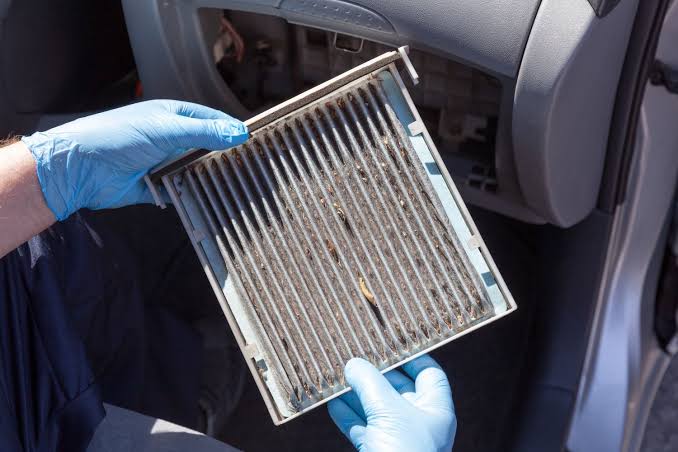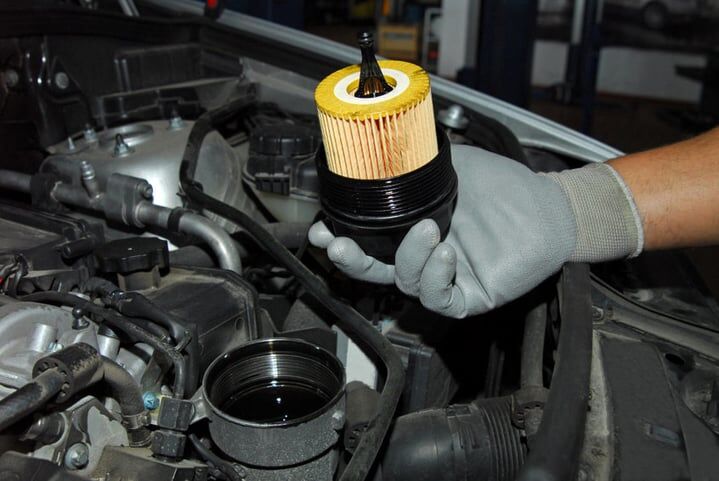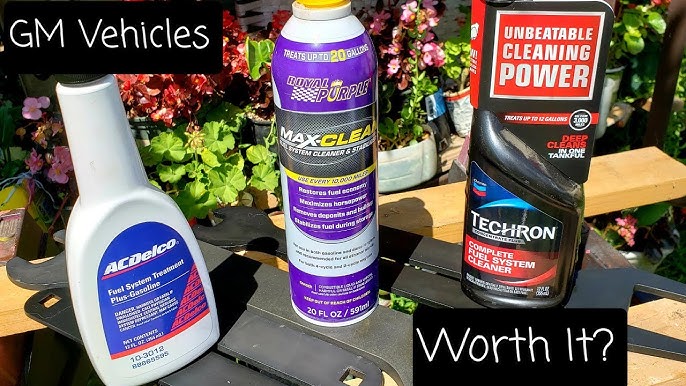Does a Dirty Cabin Filter Affect Performance?

Maintaining your vehicle’s health involves more than just oil changes and tire rotations. One often-overlooked component is the cabin air filter. If you’ve ever wondered whether a dirty cabin filter can affect your vehicle’s performance, this article will provide clarity and actionable tips to address the issue.
What Is a Cabin Air Filter?
A cabin air filter is an essential component of your vehicle’s HVAC (heating, ventilation, and air conditioning) system. It filters out contaminants like dust, pollen, mold spores, and debris from the air entering your car’s interior, ensuring clean and breathable air for passengers.
Signs of a Dirty Cabin Filter
Over time, the cabin air filter can become clogged with dirt and debris, leading to noticeable problems. Common symptoms include:
- Reduced airflow: Weak air circulation from the vents.
- Unpleasant odors: Musty or foul smells inside the cabin.
- Increased dust: Dust buildup on surfaces inside the car.
- Foggy windows: Difficulty clearing fog or condensation.
- Allergy symptoms: Sneezing or irritation while driving.
Does a Dirty Cabin Filter Affect Vehicle Performance?
While a dirty cabin air filter primarily impacts air quality inside the vehicle, it can also indirectly affect your car’s performance in specific ways:
1. Strained HVAC System
A clogged filter reduces airflow, forcing the blower motor to work harder. This extra strain can lead to:
- Higher energy consumption
- Premature wear and tear on the HVAC system
2. Reduced Cooling and Heating Efficiency
A dirty filter blocks airflow, making it difficult for the AC or heater to maintain desired temperatures. This can result in discomfort during extreme weather conditions.
3. Increased Fuel Consumption
When the HVAC system works harder, it can increase the load on the engine, especially in older vehicles, leading to slightly higher fuel usage.
4. Foggy Windows and Reduced Visibility
Restricted airflow can make it harder for the defrost system to clear windows, potentially compromising safety.
How Often Should You Replace a Cabin Air Filter?
Most manufacturers recommend replacing the cabin air filter every 12,000 to 15,000 miles or at least once a year. However, the replacement frequency depends on factors like:
- Driving in dusty or polluted areas.
- Exposure to allergens during pollen-heavy seasons.
Tip: Check your vehicle’s owner’s manual for specific recommendations.
DIY: How to Inspect and Replace Your Cabin Air Filter
Tools Needed:
- A new cabin air filter.
- Screwdriver (if required).
- Gloves (optional).
Steps:
- Locate the Cabin Air Filter
Typically found behind the glove compartment or under the dashboard. - Remove the Filter Cover
Open the glove box or access panel using a screwdriver if necessary. - Inspect the Filter
Check for dirt, debris, and discoloration. If it looks clogged, replace it. - Install the New Filter
Place the new filter in the correct orientation, as indicated by the airflow arrows. - Secure the Cover
Reinstall the cover and ensure it’s properly sealed.
Replacing the filter is a quick process, often taking less than 15 minutes.
Benefits of a Clean Cabin Air Filter
Maintaining a clean cabin air filter offers several advantages:
- Improved air quality: Keeps allergens, dust, and pollutants out of the cabin.
- Better HVAC efficiency: Ensures optimal heating and cooling performance.
- Enhanced fuel economy: Reduces the load on the engine.
- Increased comfort: Eliminates odors and maintains a fresh environment.
Common Myths About Cabin Air Filters
1. Does a dirty cabin air filter affect engine performance?
No, the cabin air filter is separate from the engine air filter and does not directly impact engine performance. However, a clogged cabin filter can strain the HVAC system, which could indirectly affect engine efficiency.
2. Can you clean a cabin air filter instead of replacing it?
Some reusable filters can be cleaned, but disposable filters should always be replaced. Attempting to clean a disposable filter can damage it and reduce its effectiveness.
FAQs
1. What happens if you don’t replace a dirty cabin air filter?
Over time, a clogged filter can restrict airflow, strain the HVAC system, and decrease air quality inside the car, leading to discomfort and potential HVAC damage.
2. Can a dirty cabin air filter cause health issues?
Yes, it can circulate allergens, dust, and pollutants into the cabin, potentially aggravating allergies or respiratory conditions.
3. Is replacing the cabin air filter expensive?
No, cabin air filters are relatively affordable, typically costing between $15 and $50, depending on the vehicle.
4. Can a dirty cabin filter affect the smell inside the car?
Yes, a clogged filter can lead to musty or unpleasant odors due to trapped dirt and moisture.
Conclusion
A dirty cabin air filter can impact more than just the air you breathe; it can strain your vehicle’s HVAC system, reduce comfort, and even slightly affect fuel efficiency. Regularly inspecting and replacing the cabin air filter ensures clean air, optimal system performance, and a comfortable driving experience.
Make it a habit to check your cabin air filter during routine maintenance and enjoy the benefits of a healthier and more efficient vehicle.
Also Check:
• Does K&N Air Filter Increase Horsepower?






2 Comments